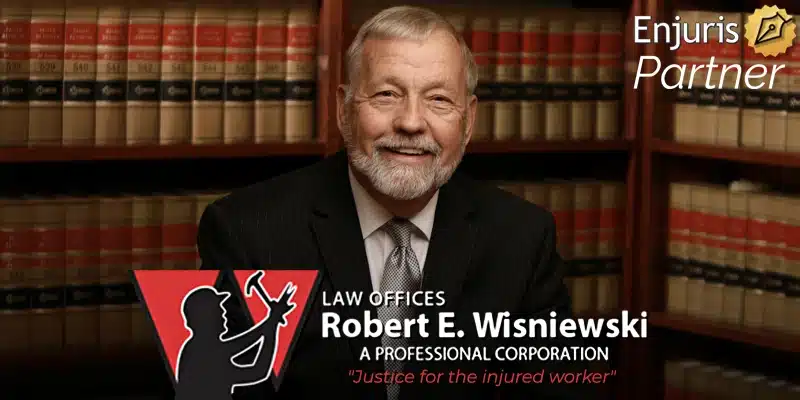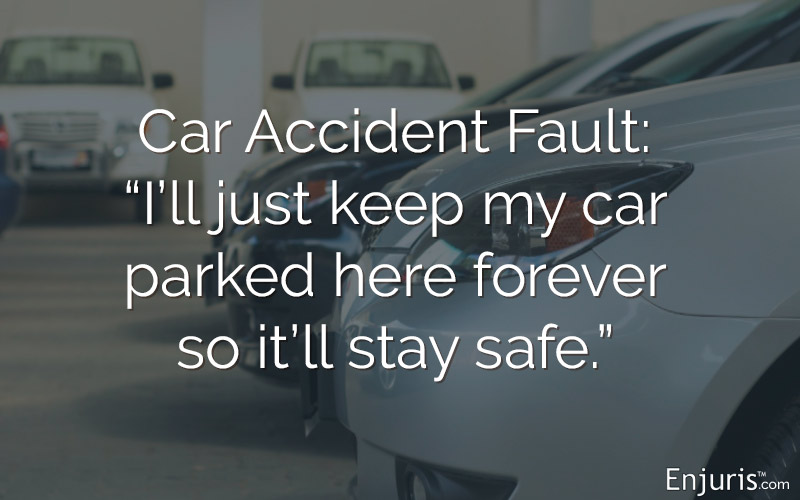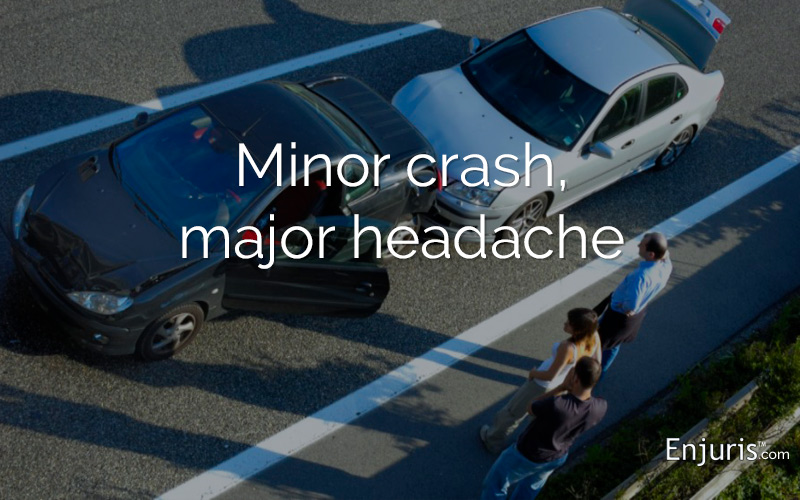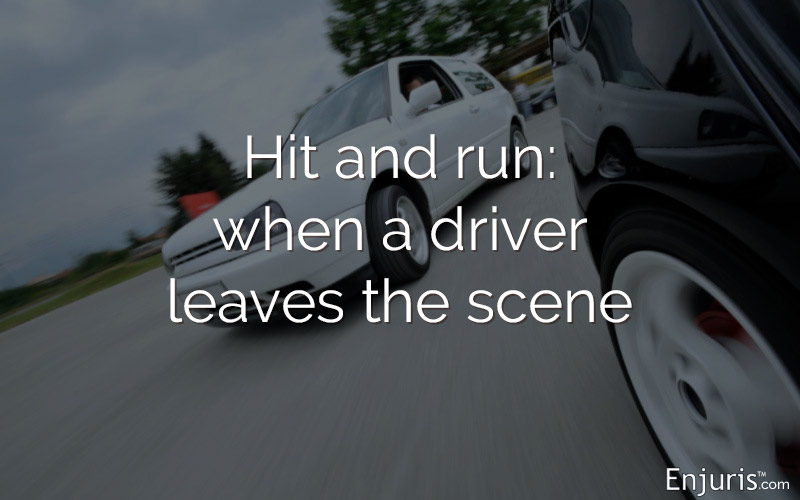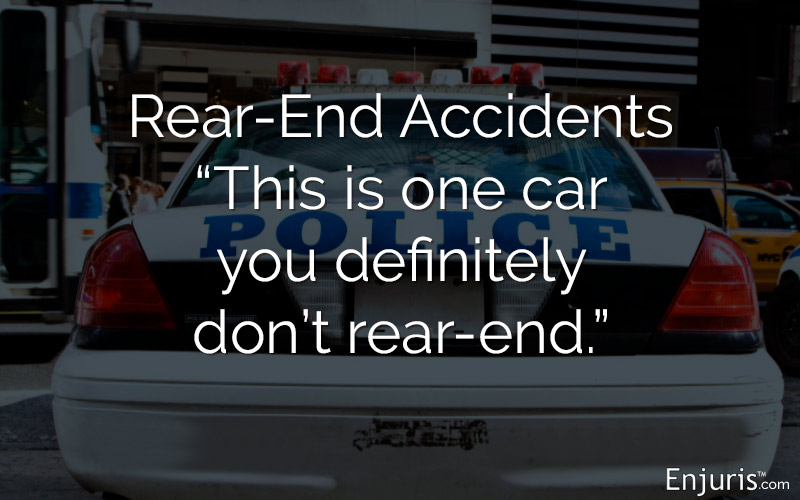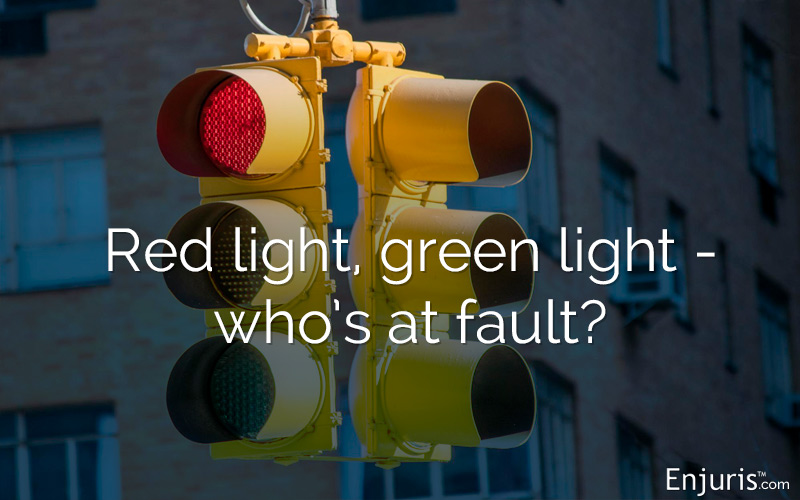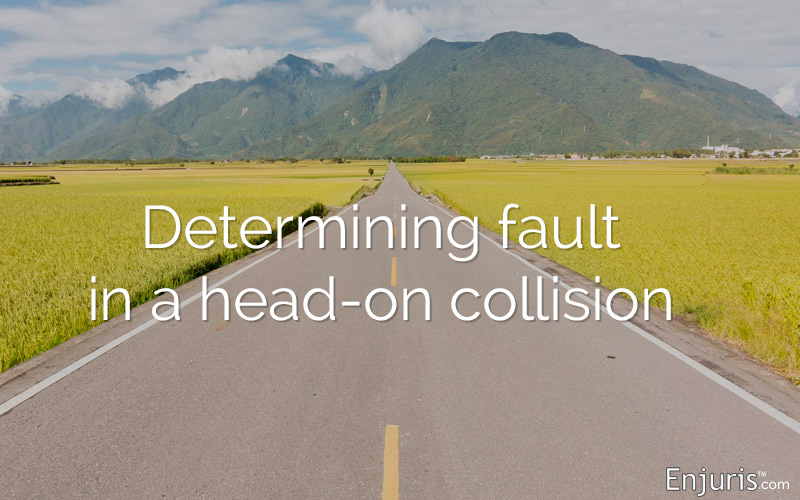Learn about vehicle accidents that don’t involve cars
On a warm morning in July, a train derailed and caught fire on a bridge over Tempe Town Lake in Arizona.
“There’s fire pouring into the lake from the middle of the bridge,” one passenger said. “It looks like a scene from hell.”
The freight train was headed to Phoenix from Tucson at the time of the crash. One person was treated for smoke inhalation, but remarkably the train crew was not injured.
The vast majority of vehicle accidents are car accidents, but that doesn’t mean you can’t be involved in an accident with some other type of vehicle.
Let’s take a closer look at “other vehicle” accidents.
Types of “other vehicle” accidents
A “vehicle” can broadly be defined as something used for transporting people or goods. With that in mind, here are some vehicle accidents that commonly give rise to personal injury lawsuits:
In Arizona, 45 cyclists were killed, and 1,005 were injured in 2017, according to the Arizona Department of Transportation—making Arizona one of the most dangerous states for bicyclists.
How are “other vehicle” accidents different from car accidents?
Different types of vehicles are governed by different laws and regulations. For example, commercial trucks must follow certain federal laws that are inapplicable to cars. Similarly, planes must adhere to federal aviation regulations that have nothing to do with motor vehicles.
When choosing an attorney to handle your vehicle case, it’s important to choose one who has experience litigating cases involving our specific type of vehicle.
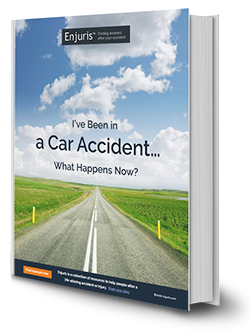
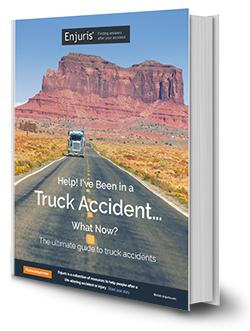
Who can be at fault?
After an accident, the insurance companies and personal injury lawyers will attempt to determine who's at fault for the accident.
Determining who's at fault typically means determining who was negligent. When it comes to vehicle accidents, a number of parties may be negligent. Here are some potentially liable parties:
- The operator of the vehicle. All vehicle operators have a duty to, at a bare minimum, exercise reasonable care to avoid harming others. If the vehicle operator breaches this duty and causes an accident, the operator may be at fault.
- The owner of the vehicle. The owner of a vehicle may be found vicariously liable for an accident, particularly in cases involving commercial vehicles.
- The manufacturer. The manufacturer of a vehicle or vehicle component might be liable if the accident was caused by a defective vehicle or vehicle component.
Sometimes, the person filing a personal injury lawsuit is partially responsible for their accident. So what happens then?
Arizona follows the pure comparative fault rule. Under this rule, the amount of damages a plaintiff can recover is reduced by a percentage that reflects the plaintiff's degree of fault – no matter what that percentage may be.
For example, let's say Jason is driving an 18-wheeler through Mesa, Arizona. He’s following the Subaru in front of him too closely. The Subaru is driven by Kate. Kate is texting and drops her phone. When she reaches to pick it up, she accidentally slams on her brakes. Jason rear-ends Kate’s Subaru. Kate decides to sue Jason, and the court determines that Jason was 70 percent at fault for the accident, while Kate was 30 percent at fault.
In this scenario, Kate would only be able to recover 70 percent of her damages due to Arizona's pure comparative fault laws.
Damages available in an Arizona vehicle crash
Arizona awards economic damages and non-economic damages in most vehicle accident cases:
- Economic damages refer to monetary losses resulting from an accident (medical expenses, lost wages, property damage, etc.).
- Non-economic damages refer to losses that don't have a clear dollar value (physical pain and suffering, emotional distress, loss of consortium).
Arizona also awards punitive damages in rare cases. Punitive damages are meant to punish the defendant and are awarded when a defendant's behavior was willful or particularly egregious. For example, punitive damages may be awarded if the truck driver that caused the accident was driving while intoxicated.
While some states enforce damage caps, Arizona doesn't cap personal injury damages in most cases. However, there's an important exception to this rule that may apply to your vehicle accident.
Under Arizona statute, public entities and employees are immune from punitive damages. This means that neither a public entity nor a public employee acting within the scope of their employment can be held liable for punitive damages.
How do I find an attorney to handle my vehicle accident?
A vehicle accident can be a physically and emotionally traumatic event. The last thing you want to do after an accident is spend your time dealing with an insurance or legal claim. Here are some resources to help you find the right attorney to handle your accident claim so you can focus on healing:
- Tips on finding a qualified personal injury attorney - where to look
- Choosing a personal injury attorney – interview questions
- Preparing to meet with a personal injury attorney
- When do you NOT need an attorney after an accident?
- Your First Meeting with an Attorney (Worksheet)
- Personal Injury Attorney Interview Sheet (Interview sheet)
Hurt in a car crash? You may find these resources helpful
Need a lawyer?
What does an injury lawyer do?
A personal injury lawyer helps individuals who have sustained injuries in accidents to recover financial compensation. These funds are often needed to pay for medical treatment, make up for lost wages and provide compensation for injuries suffered. Sometimes a case that seems simple at first may become more complicated. In these cases, consider hiring an experienced personal injury lawyer. Read more

